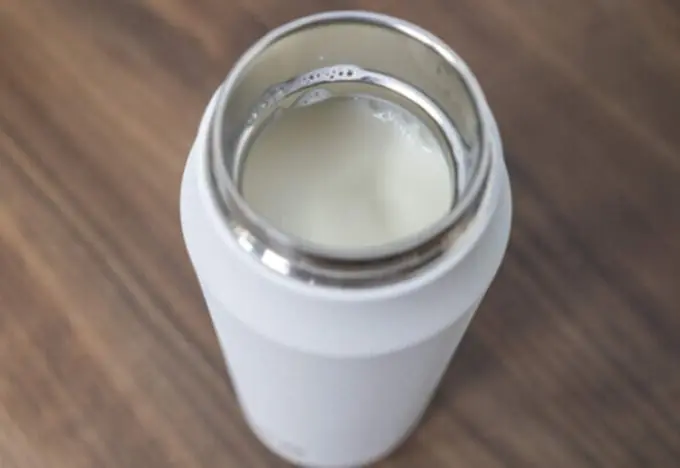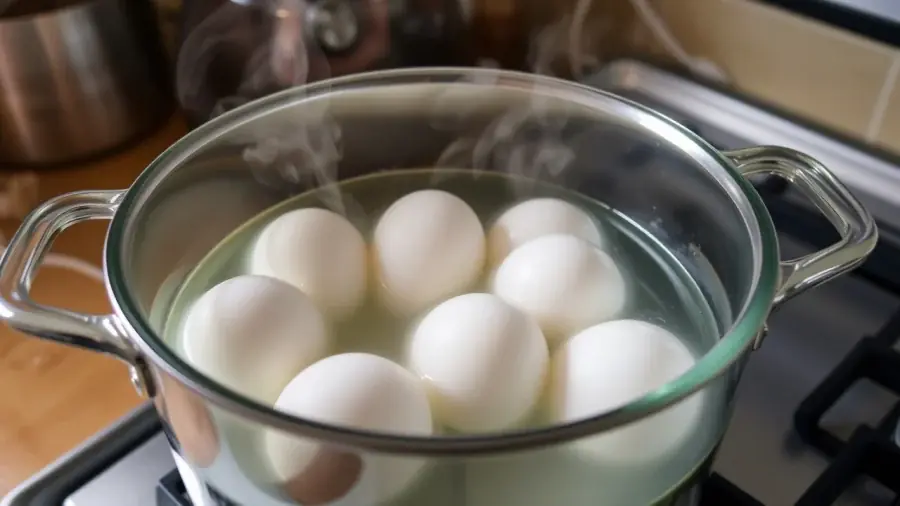
It’s Not Steaming—This Is Actually the Best Way to Cook Vegetables, According to Research
It’s Not Steaming—This Is Actually the Best Way to Cook Vegetables, According to Research
The Mirror (UK) reports that this surprising revelation about the best way to cook vegetables may catch some people off guard.
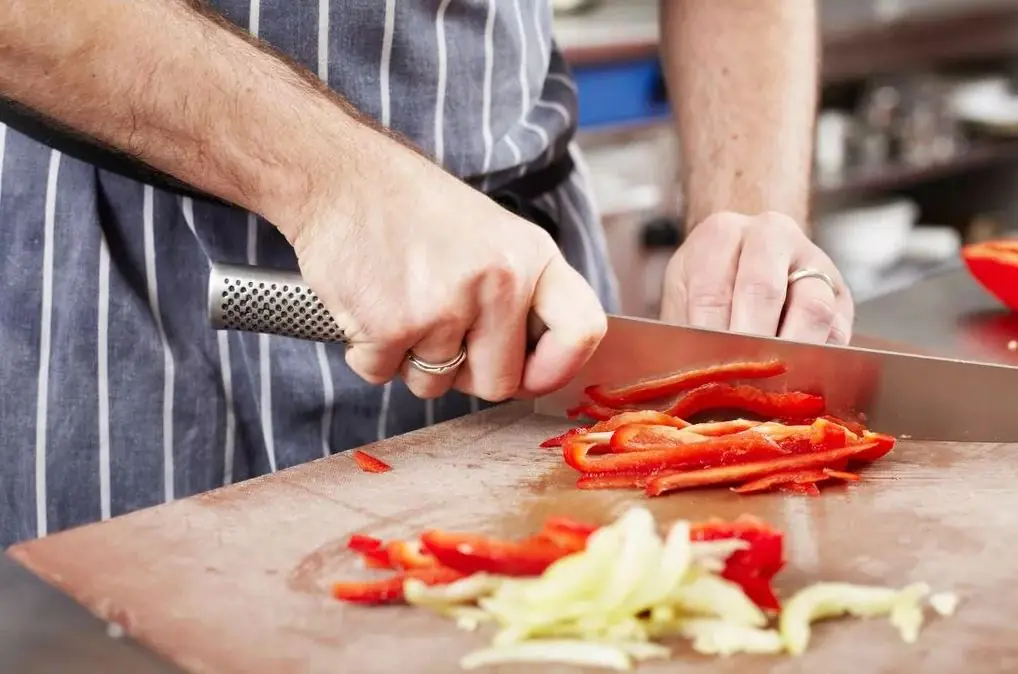
We all know that a vegetable-rich diet is essential for good health—but how you cook your veggies can make a big difference. And one method might be far superior to others when it comes to preserving nutrients—something that may surprise you, according to The Mirror.
In 2023, a study led by Shahjalal University of Science and Technology in Bangladesh investigated the effects of boiling, steaming, and microwaving on six common foods. These included pumpkin, peas, bell peppers, spinach, carrots, and shatkora (a citrus fruit often used in Bangladeshi cuisine).
The researchers aimed to find out how cooking methods could affect the mineral content of these foods.
Contrary to popular belief, boiling had the most negative impact on the vegetables' biochemical compounds. This was especially true for polyphenol antioxidants, which decreased significantly in most boiled vegetables. Spinach also showed a sharp decline in vitamin C.
Microwaving, however, was found to be the most effective method for preserving the vegetables’ nutritional value. Scientists noted that 90% of the vitamin C was retained in vegetables cooked this way.
Steaming had a moderate impact on nutrient retention, but was particularly good at preserving flavonoids, which have anti-inflammatory properties.
“Overall, boiling had the most adverse effect on biochemical compounds and minerals,” the researchers wrote at the time. “Microwaving, on the other hand, retained most of the vitamin C and total polyphenols. Steaming preserved most of the β-carotene (provitamin A).”
“Ultimately, this research shows that microwaving best preserves the nutritional value of vegetables, while steaming has a moderate effect.”
The Bangladeshi researchers aren’t alone in this view. A 2019 study also found that microwaving was superior to other methods in retaining phenols in four different types of mushrooms.

Phenolic compounds are known for their anti-inflammatory properties and various health benefits, including protection against oxidative stress-related issues such as heart disease. In this study, experts compared microwaving with boiling, steaming, pressure cooking, and frying.
“Results showed that microwaving preserved total phenols better than other cooking methods,” the scientists wrote. “Boiling significantly reduced the total phenol content in the samples.”
“This study may provide useful information for encouraging the food industry to recommend specific cooking methods.”
That said, it’s important to note that research in this area is still ongoing, and the findings may not apply universally to all minerals. For instance, some evidence suggests that calcium and iron may actually increase in certain vegetables after boiling.
Additionally, if you use the boiling water as a base for soups or stews, you can reclaim many of the nutrients lost during cooking. As Dr. Keith Warriner, a professor at the University of Guelph in Canada, previously told Global News:
“Eating raw cauliflower isn’t always a great experience, so we have to cook it—and how we cook it affects how many vitamins are lost. You’ll lose a lot of nutrients in the water unless you’re using it to make soup.”
News in the same category


Should You Plug the Phone or the Charger into the Power Outlet First? 90% Do It Wrong, Causing Battery Damage

Clean Your Shower Glass in 15 Minutes with 2 Natural Ingredients That 'Erode' Limescale
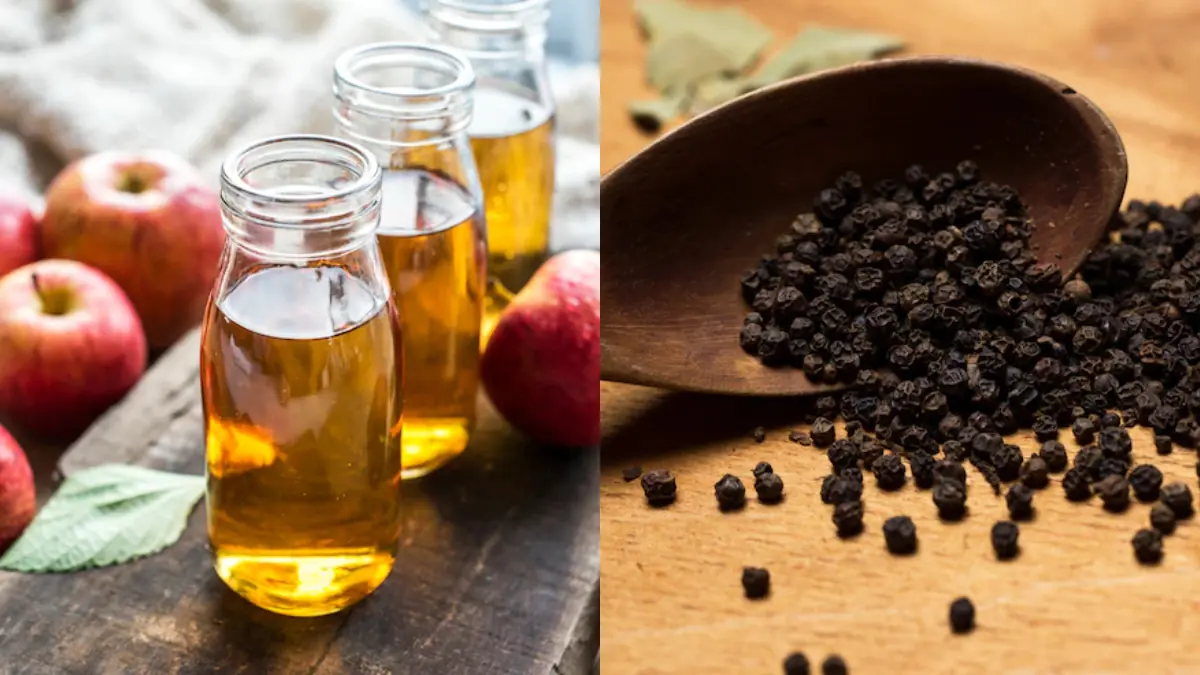
The Special Uses of Pepper Soaked in White Vinegar: A Simple Method to Solve Many Household Problems
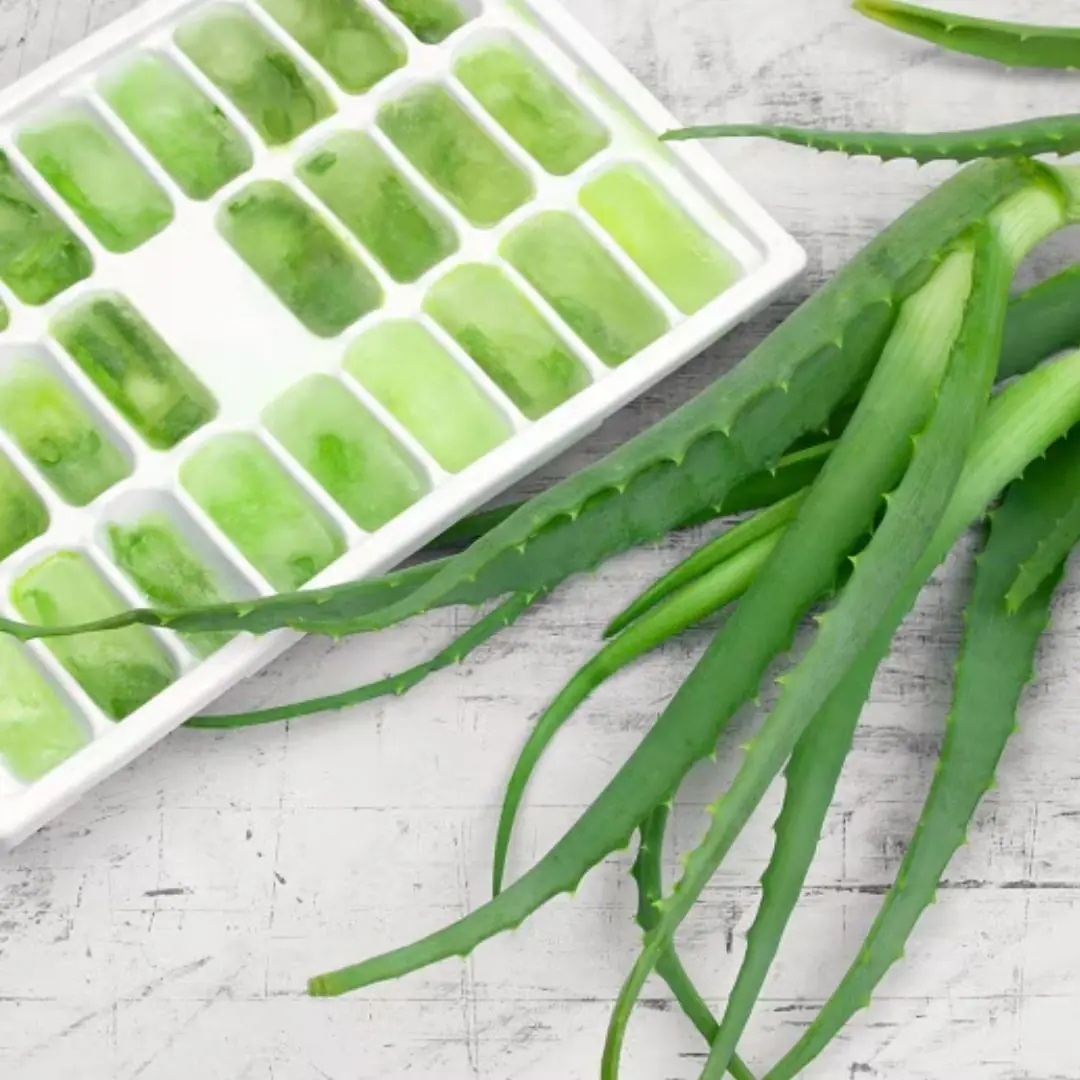
Aloe vera block - rub this block for 5 minutes and you will not need any makeup
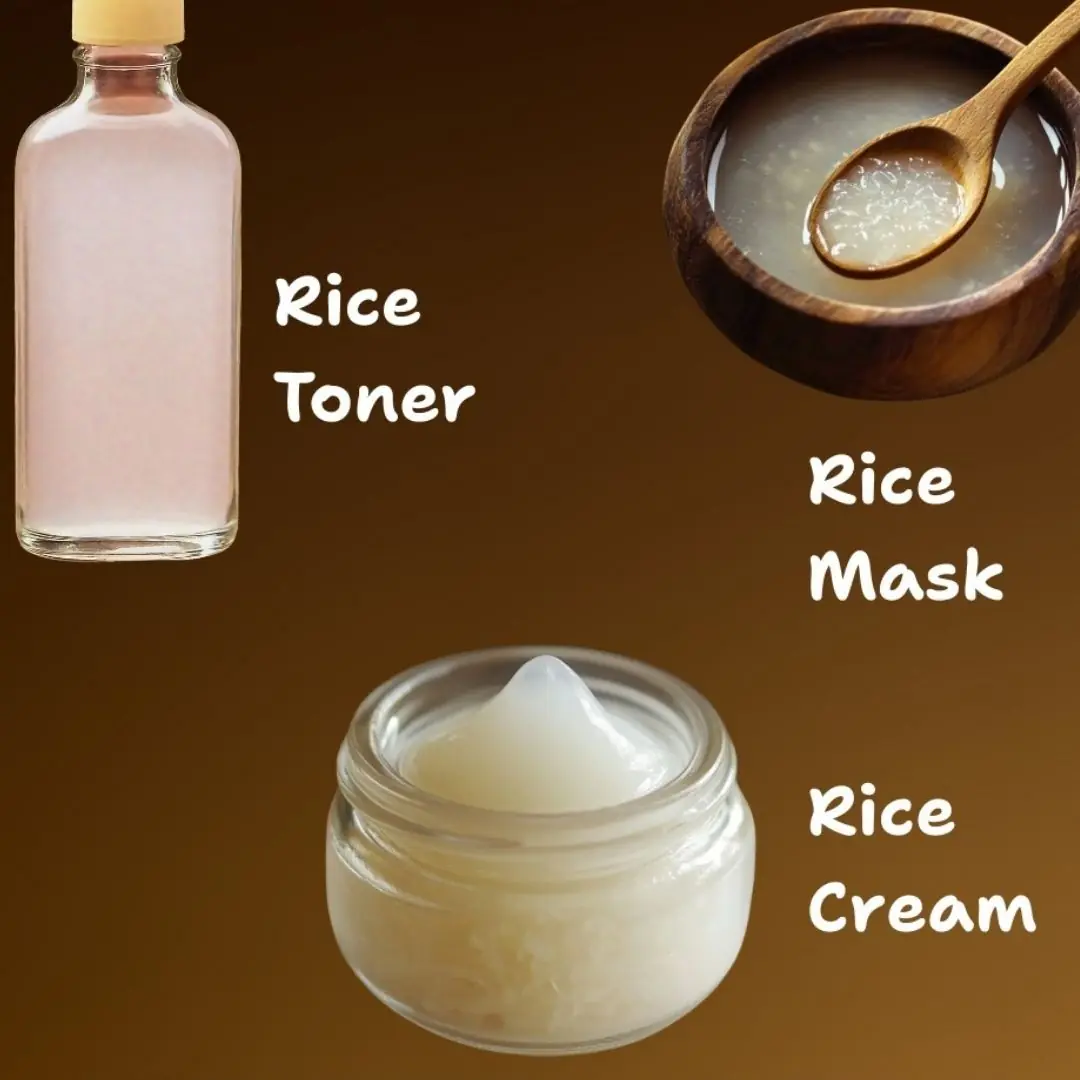
3 steps korean skin care
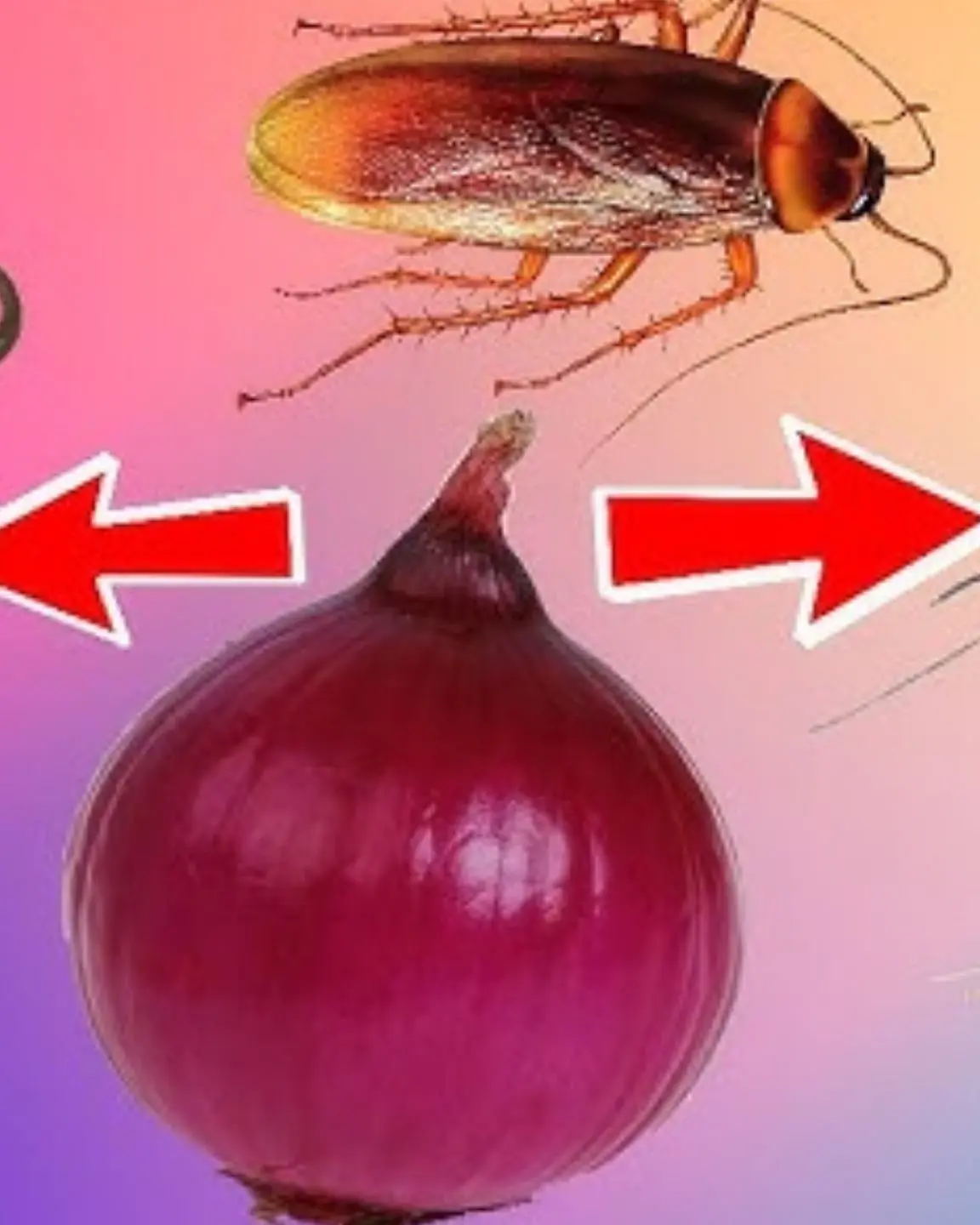
How To Use ONIONS To Get Rid of Pests - Rats, Flies, Lice, Bugs, Lizards, Mosquitoes, Cockroaches

Vaseline and cornstarch make you a 20 year old girl. No matter how old you are

Woman shows rubbing banana peel on face works like Botox for brightening skin: But does it really and is it safe?
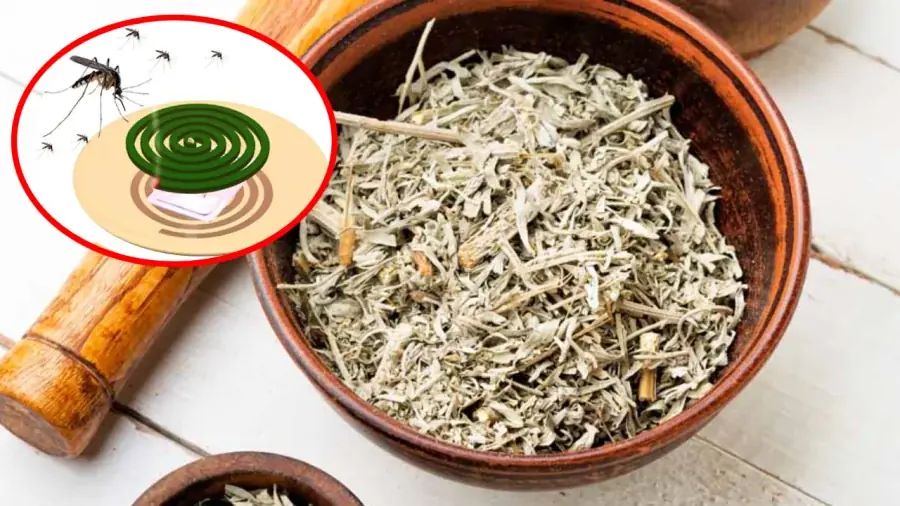
No Need for Mosquito Coils—Use This Common Household Item to Repel Mosquitoes: Cheap, Safe, and Effective

Place a Sock on Your Air Conditioner: A Simple Trick That Can Save Your Family $20 a Month
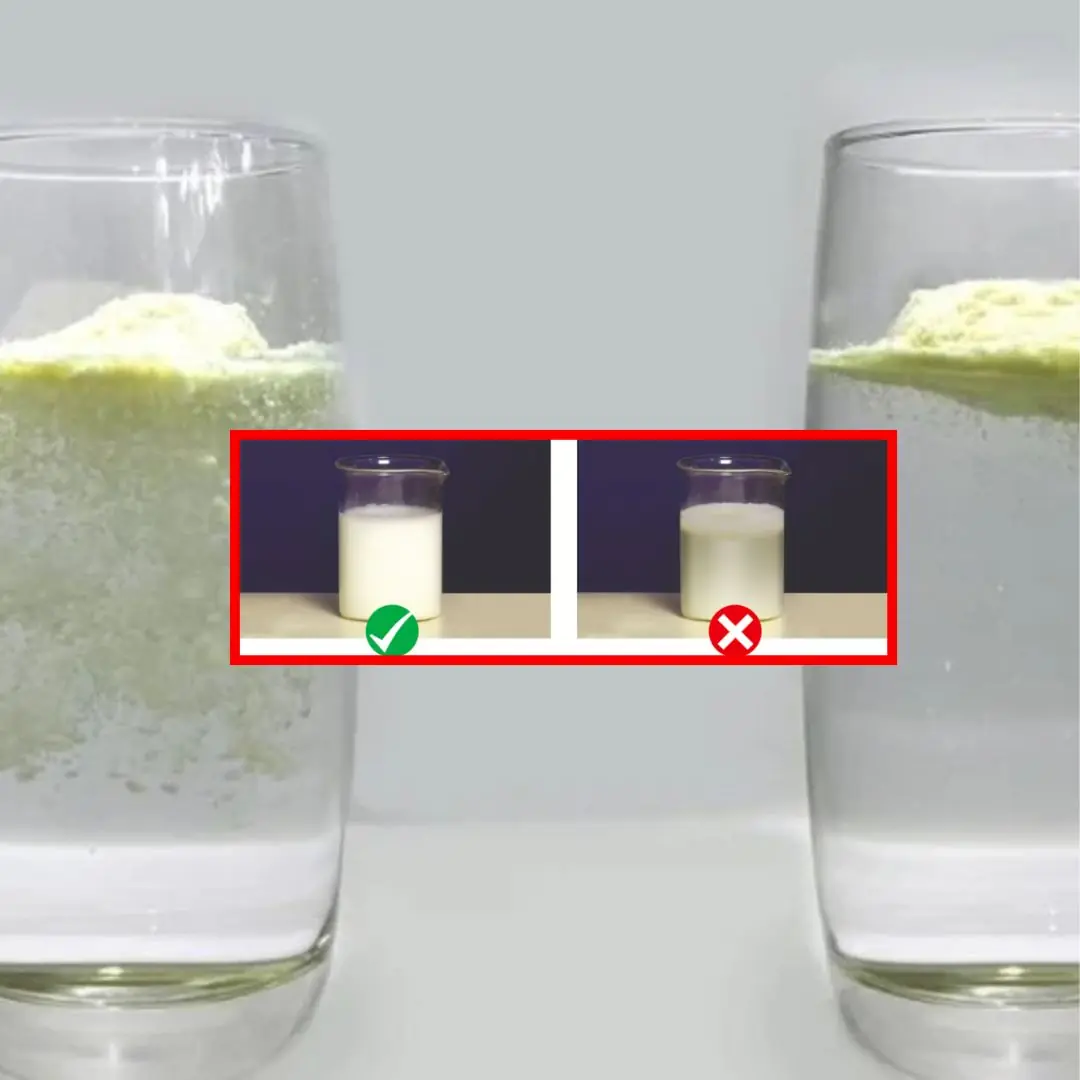
5 ways to distinguish fake milk from real milk: Tips to identify and protect your health
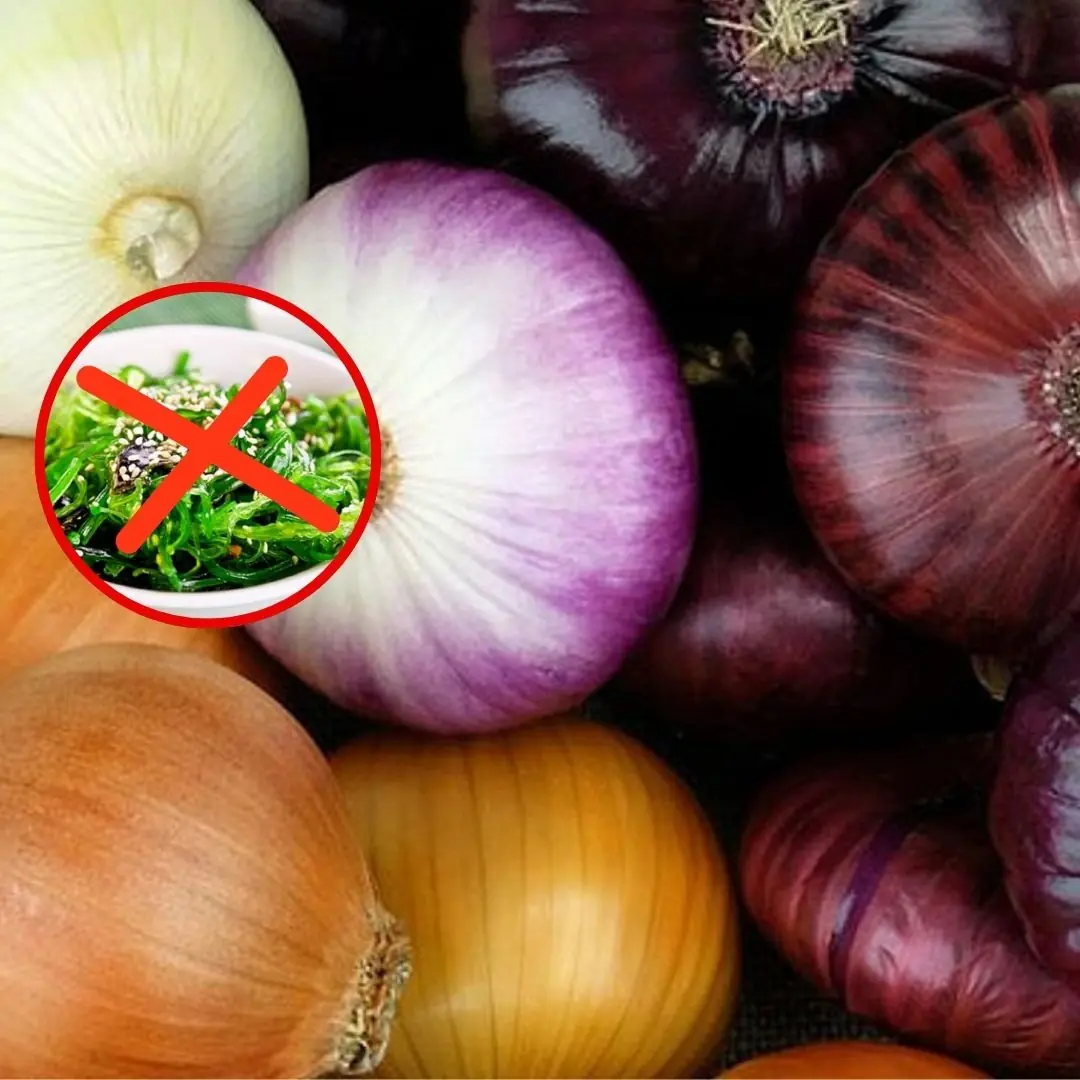
Warning: Combining this food with onions can cause poisoning, even leading to bli.ndness
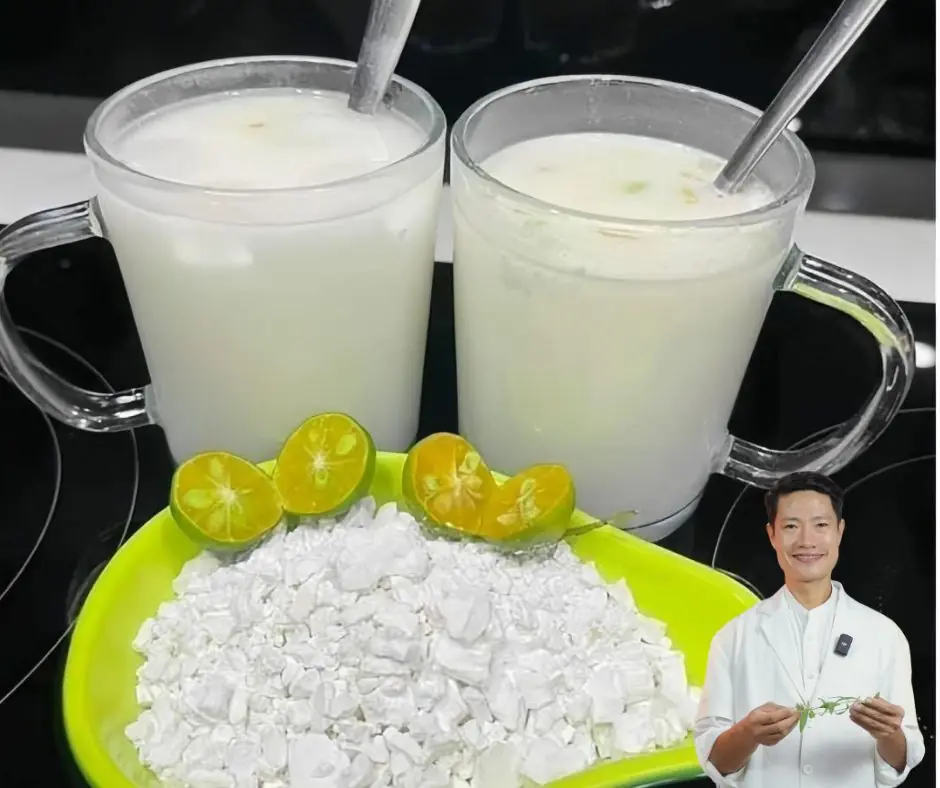
The real uses of "WHITE GOLD"! Especially the uses that women love - BEAUTIFUL FIGURE, SLIM WAIST

Everyone in the house thinks that air conditioners are the most expensive thing in the house

Excessive Saliva Production in the Mouth: A Warning Sign of Health Issues You Shouldn’t Ignore

5 Household Devices That Use More Electricity Than an Air Conditioner – Leaving Them Plugged In Can Skyrocket Your Energy Bill
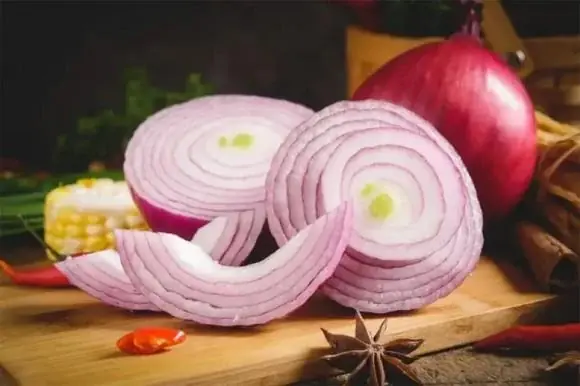
Warning: Combining This Food with Onions May Cause Pois.oning or Even Blindness
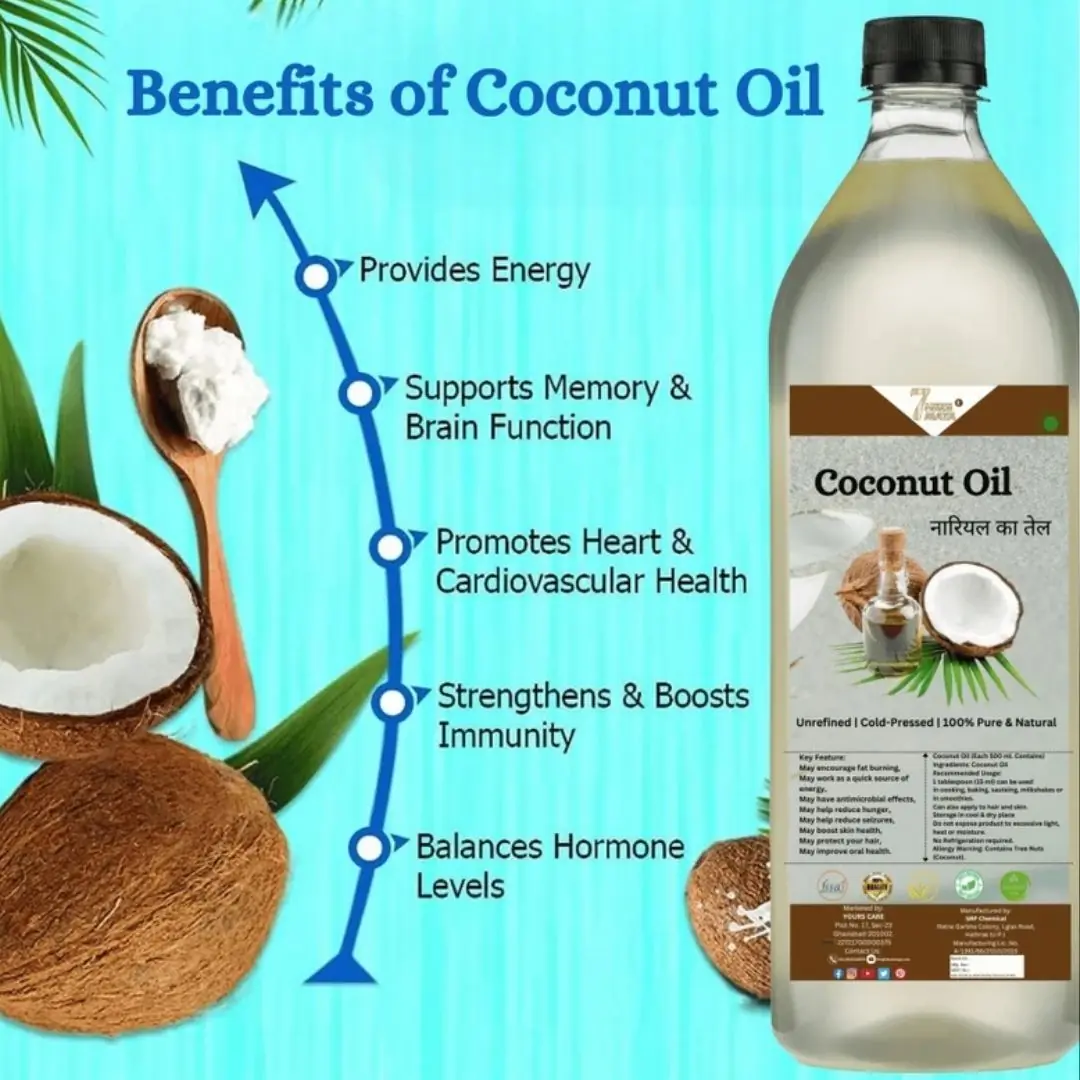
10 Uses For Coconut Oil
News Post

If you see this plant, you're sitting on gold and don’t even know it!

Should you wear a blindfold while sleeping? When should you use a blindfold while sleeping?

Did You Know That Waking Up At 3 Or 4 In The Morning Is A Clear Sign Of…

You’ll Regret Throwing Away Egg Boiling Water: 4 Smart Uses You Should Know

Should You Plug the Phone or the Charger into the Power Outlet First? 90% Do It Wrong, Causing Battery Damage

Clean Your Shower Glass in 15 Minutes with 2 Natural Ingredients That 'Erode' Limescale

The Special Uses of Pepper Soaked in White Vinegar: A Simple Method to Solve Many Household Problems
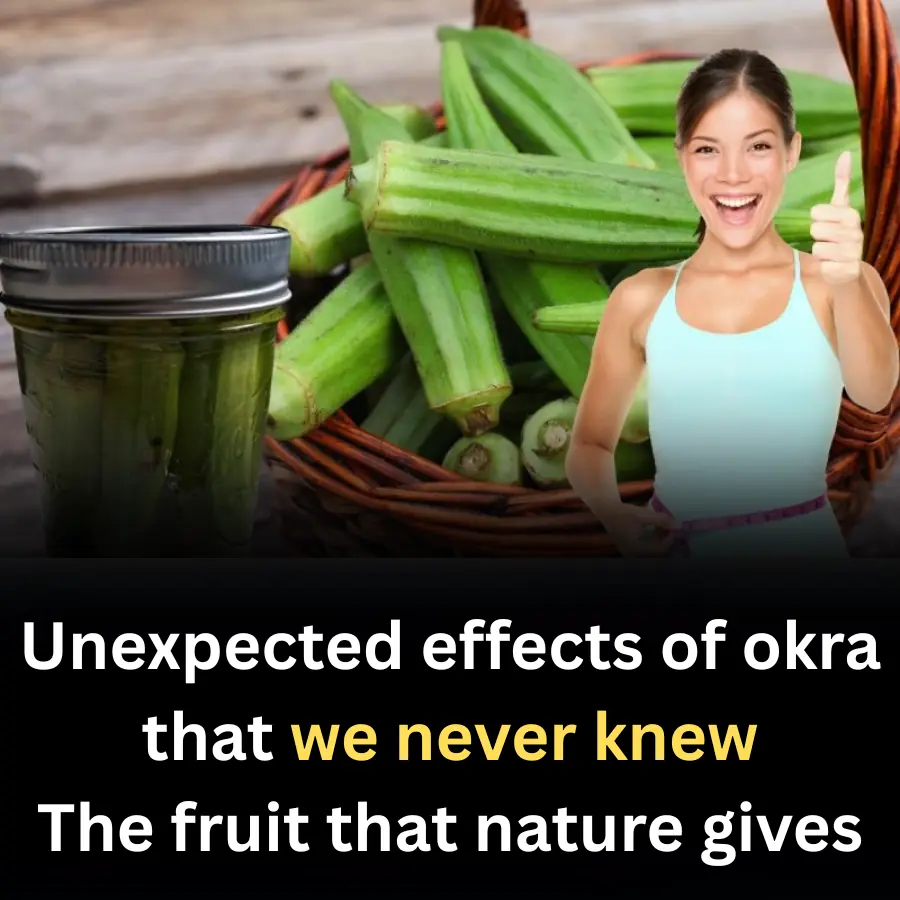
Unexpected effects of okra that we never knew

Aloe vera block - rub this block for 5 minutes and you will not need any makeup

3 steps korean skin care

The mistakes that many people are making

How To Use ONIONS To Get Rid of Pests - Rats, Flies, Lice, Bugs, Lizards, Mosquitoes, Cockroaches

Vaseline and cornstarch make you a 20 year old girl. No matter how old you are

Woman shows rubbing banana peel on face works like Botox for brightening skin: But does it really and is it safe?
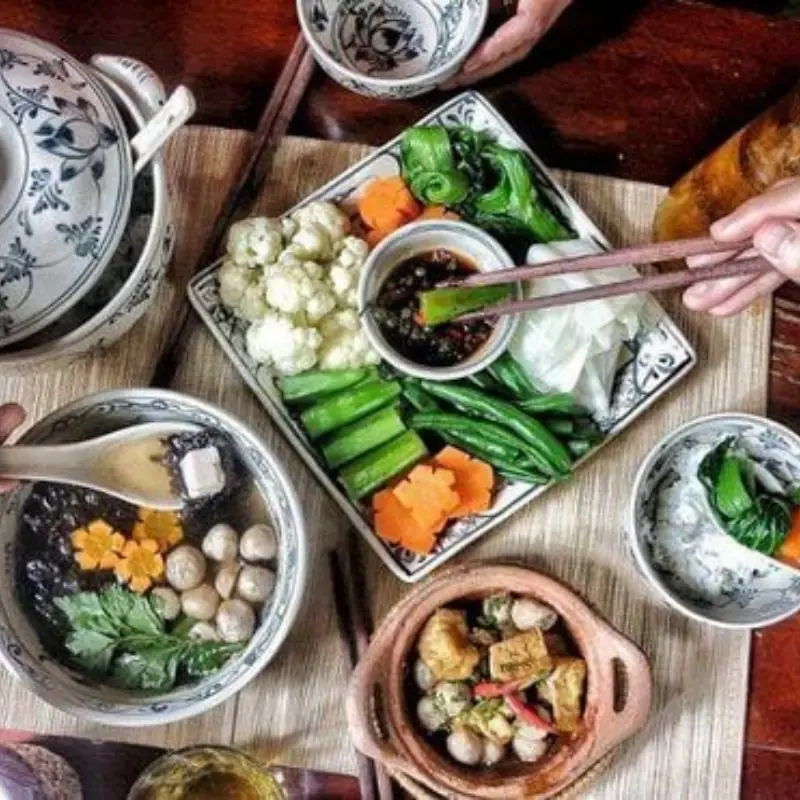
One Twin Is Vegetarian, the Other Eats Meat — Who’s Healthier? A Study Reveals a Surprising Result

Look at the thickness of your lips, predict your rich or poor fate: Which type are you?
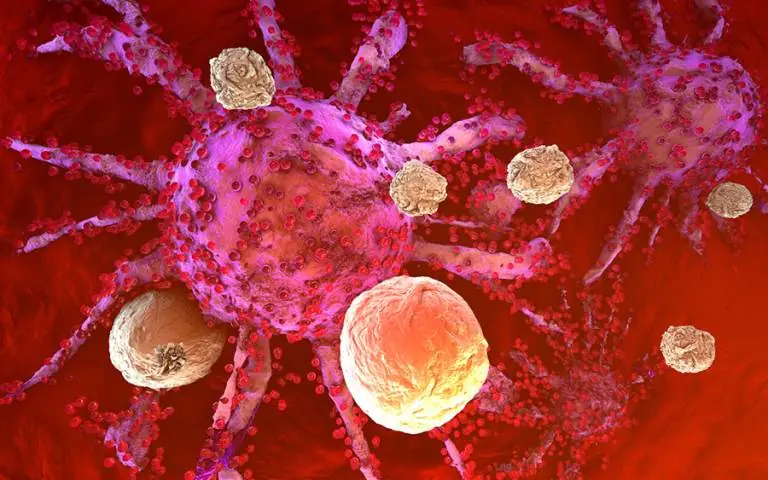
Can.cer Cells Fear These 4 Foods! Eat Them Daily to Keep Can.cer at Bay

No Need for Mosquito Coils—Use This Common Household Item to Repel Mosquitoes: Cheap, Safe, and Effective

Looking at sleeping position to predict hu.man personality
